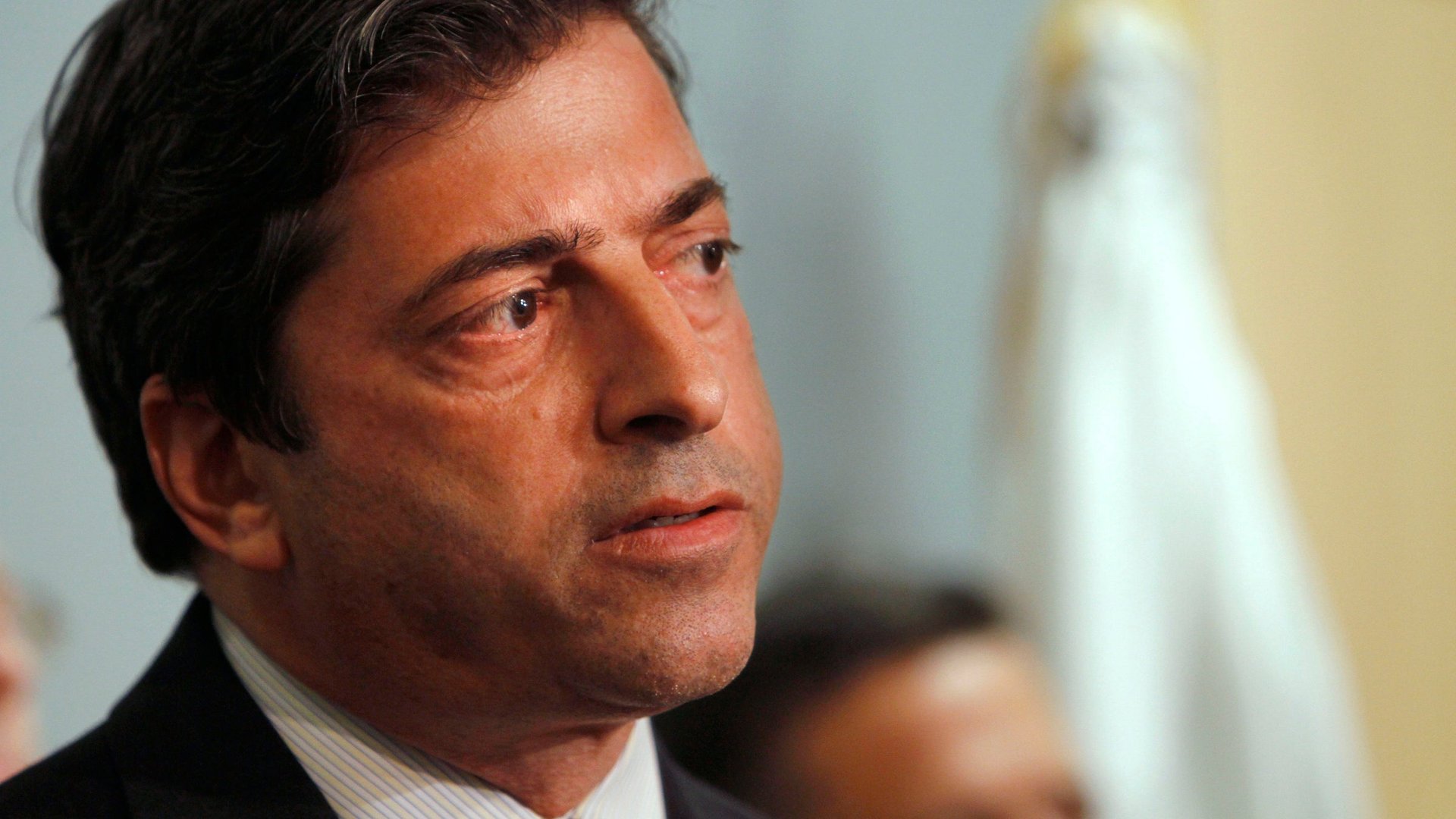With its post-crisis leaders leaving, can SEC ever be this aggressive again?
Robert Khuzami, the top enforcer at America’s investment regulator, stepped down today. It’s the latest in a series of departures from the Securities and Exchange Commission that include its chair, Mary Schapiro, who announced her departure last year, and her top advisers.


Robert Khuzami, the top enforcer at America’s investment regulator, stepped down today. It’s the latest in a series of departures from the Securities and Exchange Commission that include its chair, Mary Schapiro, who announced her departure last year, and her top advisers.
While consumer advocates and even judges have dinged the SEC for failing to do a better job of taking banks— and particularly bank bosses—to task for foul play during the financial crisis, the SEC’s prosecutors under Khuzami have been energetic, filing a record-breaking number of enforcement actions in 2011 and only one less in 2012. The agency has earned record payouts from big banks to atone for mortgage market misdeeds, like a $550 million settlement from Goldman Sachs, and convictions in a number of landmark insider trading cases, particularly that of hedge fund manager Raj Rajaratnam.
While critics make a compelling case that the SEC was over-cautious, it’s important to remember that the institution Schapiro and Khuzami inherited in 2009 was something of a mess, after the poor management of previous chair, Chris Cox, and the prevailing atmosphere of regulatory laxity. It was an agency where employees surfed the net for porn and couldn’t catch Bernard Madoff’s Ponzi scheme despite reams of tips.
Schapiro, appointed by Obama to clean up the agency, hired Khuzami, a former prosecutor who was then Deustche Bank’s general counsel, to turn around the enforcement team. He did, hiring prosecutors, reorganizing staff to prioritize investigations and adapt to changing financial markets, and generally being something of an in-house butt kicker—”Everyone in the office was scared, but we also started working harder,” one employee told the New York Times. And in the aftermath of the crisis, as financial reform was on the table, Schapiro pushed for higher fines and a more active role for the SEC in regulating the markets, including newer trends like high-speed trading.
There were certainly failures: The SEC has fallen behind on writing new rules outlined by the Dodd-Frank regulatory overhaul, and has yet to take up the challenge of fixing the way money markets are regulated, a very important task indeed. But keep in mind this is an agency with an annual budget of $1.3 billion, less than the US spends on the Fish and Wildlife Service.
Schapiro has been replaced with another SEC commissioner, Elisse Walter, at least until December 2013. Walter, a Democrat appointed by former President George W. Bush, was largely chosen to act as a figure of continuity until a new appointment could be made; some have speculated that Khuzami might replace her, but he is expected to land at a high-end law firm.
But with so many key staffers stepping down, it’s not clear that the agency will be able to keep on functioning or attract the kind of talent needed to keep up with the private sector. What’s needed is a new director with a mandate similar to Schapiro’s. But with Republican politicians desperate for obstacles to throw in the administration’s path, and a financial sector that will lobby them intensely to restrict new regulation, getting any leader with a clear vision through Senate confirmation hearings and into the post could be a heavy lift indeed.
And that means the people disappointed with the SEC’s current ability to enforce its rules and deter financial institutions from taking advantage of investors could be in for a good deal more disappointment soon.